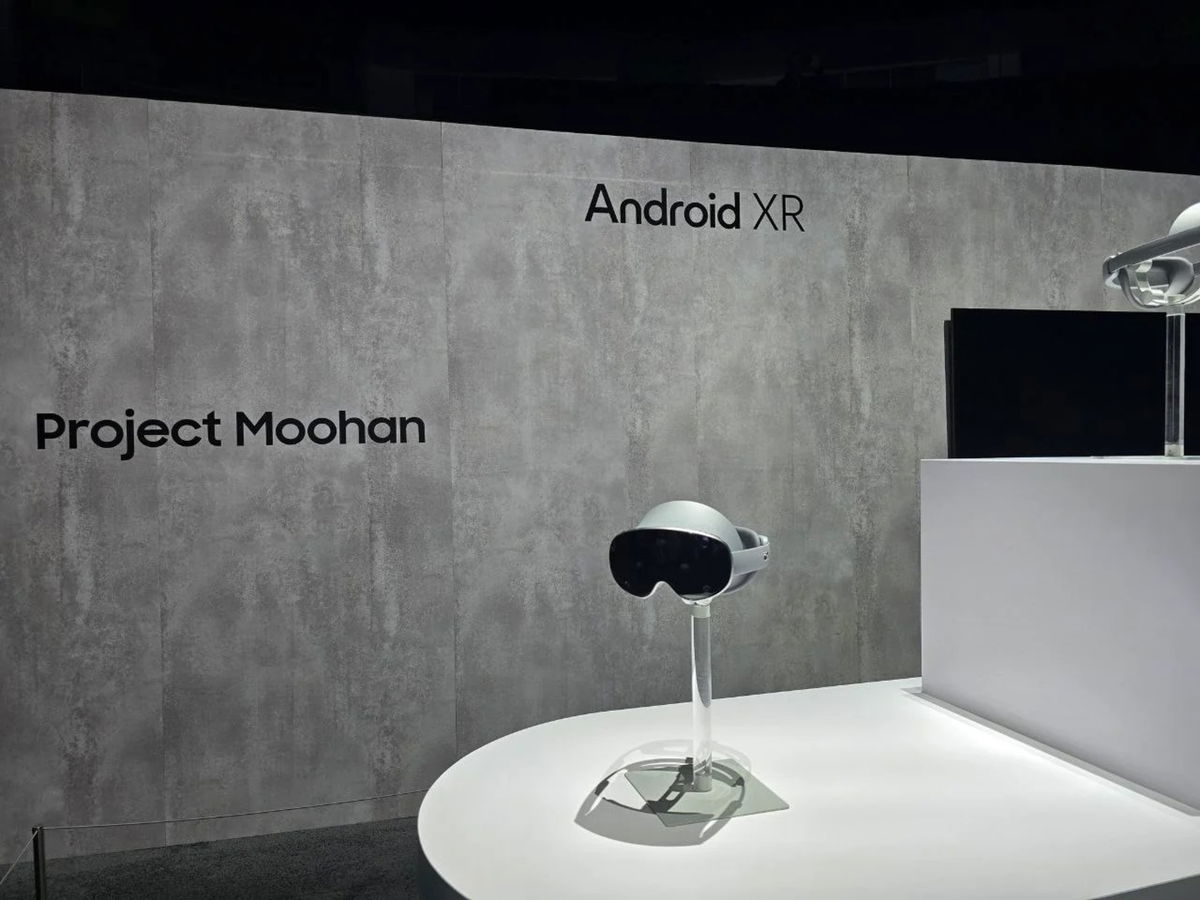They tested sedimentary rocks found in northwestern Chile, a popular geological analogue of Mars.
The researchers conducted geological tests using four instruments currently on or soon to be on Mars. In the samples, they found a large number of unidentified microorganisms, which the researchers called the “dark microbiome,” and a mix of biosignatures of modern and ancient microorganisms that are barely detectable with modern laboratory equipment.
This showed the researchers that instruments sent to Mars may not be sensitive enough, depending on the instrument used and the organic compound sought. “In particular, the false negative potential in the search for life on Mars highlights the need for more powerful tools,” said study lead author Armando Azua-Bustos.
Source: Ferra
I am a professional journalist and content creator with extensive experience writing for news websites. I currently work as an author at Gadget Onus, where I specialize in covering hot news topics. My written pieces have been published on some of the biggest media outlets around the world, including The Guardian and BBC News.












